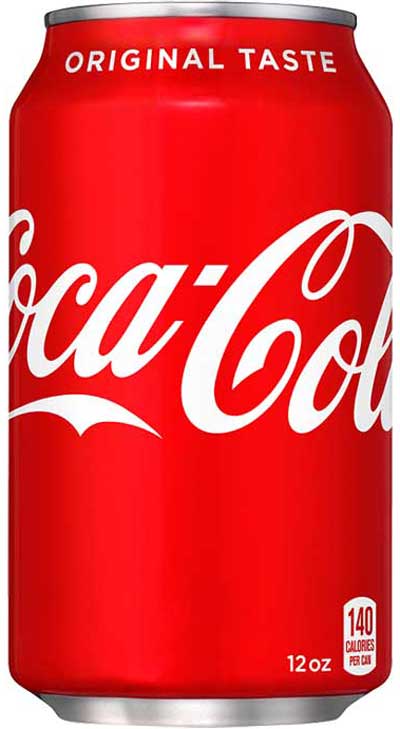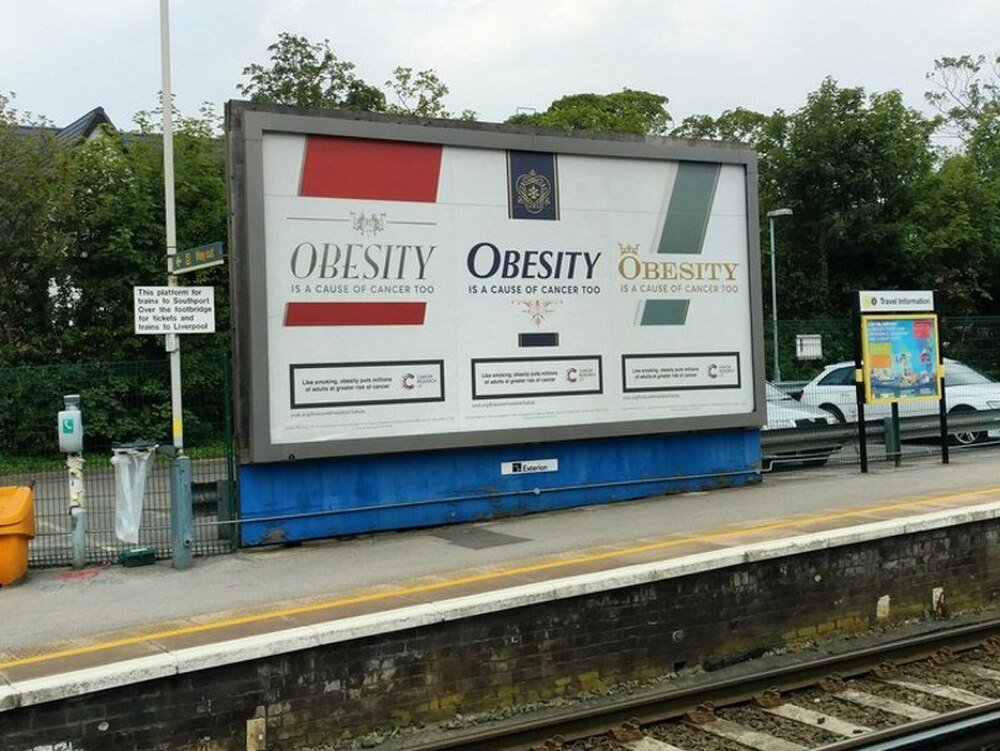For Christmas 2021, I bought myself a big PR at CIM. It’s my 5th in-person marathon where I finished with 3:34:13, taking 40m37s off LA Marathon 2020. It’s a significant improvement that was the result of a lot of things done right, including training, race planning, and execution. Here are my notes.
2021 VO2Max Test: Comparison With 2018
Covid-19: How Not to Get Sick and Protect Others
Zach Bitter's 100-mile World Record
Unless you were lost at Burning Man for a whole week, you would have heard that Zach Bitter set a new world record for the 100-mile run in 11:19:13, crushing the previous record by almost 10 minutes. He went on to break his own world record for the 12-hour run by running 104.8 miles in that time frame. Perhaps the most impressive (other than that whole world record blah blah) was that he ran negative splits, which meant that his second 50 miles was faster than his first.
I first met Zach at Low Carb USA 2018 in San Diego, and you can guess where this is going (it’s not because he’s a typical sugar-addicted endurance athlete out trolling low-carbers at conferences). Among the kudos and adulation for his WR run, there was nary a peep on his diet which is, of course, one of my primary focuses.
If anyone wanted to know - and it’s probably the worst-kept secret in the world - Zach trains low carb and has been mostly carnivore in the last year or so. His macros average out to be about 10% carbs overall, which varies based on his training volume. Zach co-hosts the Human Performance Outliers podcast and has recorded over 150 episodes with carnivore promoter Dr. Shawn Baker, of which he has interviewed pretty much all the big names in the field. There’s a lot of focus on not just the diet, but of athletes who perform at extremely high levels, doctors who remedied a host of illnesses using low-carb diets, and scientists studying how grazing ruminants can improve land use and fight climate change.
After having followed Zach since even before we met (coming off my first and painful marathon in July 2018), I significantly improved my body of knowledge on how athletes should fuel. It isn’t because low carb athletes always perform better or that burning fat generates more ATP than burning carbs (neither of which are true). Rather, it is because fat metabolism lowers inflammation and therefore the risk of injury. Zach said more than once that he had been blessed with only one significant injury in his running career that prevented him from training and I echo pretty much the same. I get sore but rarely hurt myself, and recovery never takes longer than two or three days even after a major race.
I weigh 20+ lbs more than Zach, so this is clearly a power/weight ratio issue.
The physiology behind this makes simple yet perfect sense. Exercise can reduce stress in the long run, but actual exercise tears down the body and induces acute inflammation (which is a normal process of how the body repairs itself). Fueling with sugar raises the base level of inflammation which is chronic, and this prolongs the recovery cycle. The longer the runs, the more sugar one consumes (the run clubs are particularly guilty of this as they are full of young people going out and blowing up the bar/buffet after a 3-mile run), and runners are taught to frequently fuel with sugar. Thus, they never develop the ability to metabolize fat well and are reliant on sugar, and sooner or later this worsens insulin resistance. Some develop diabetes.
The one other thought about this is that I don’t think Zach was an accident, nor do I believe he is a prodigy. He had been consistently working toward the 100-mile goal for 6 years and all of his training, diet included, contributed to that. He mentioned more than once that someone better-situated could probably come in and break the 11-hour record. It was disappointing how little the press mentioned his diet or the podcasts he hosts (virtually no coverage in either the Runner’s World article linked above, or the Washington Post), but as any semi-serious endurance athlete knows or should know, having the ability to train injury-free could make all the difference between you and your competitors.
Follow Zach Bitter on:
Twitter @zbitter
YouTube @ZachBitterUltra
Instagram @zachbitter
The AFC Half Marathon
I spent last weekend down in San Diego to run the America’s Finest City Half Marathon and as usual have some thoughts about my low-carb and running-specific training that led up to this race.
First of all I did knock nearly 10 minutes off my half-marathon PR in April so it was obviously a good race. After the cramp city that was the L.A. Marathon and the miserable hills of the La Jolla Half, it was a fairly uneventful spring and summer. I kept telling myself I would go strict carnivore and drop some weight but all the social engagements got in the way, and as the mercury rose the motivation dropped. There were a few weeks in which I skipped the usual weekend long run but as the summer progressed I felt like I was losing endurance so I tried to go back to a long run (13+ miles) a week. I also attended track workouts more regularly and tried to push myself a little harder during the regular group runs instead of hanging out in the back chatting with people.
Come to think about it, not the best idea
Leading up to race day, I didn’t particularly taper, since the demands for a half is really much less than a full. I checked in to the Airbnb the day before, drank electrolytes, and got my usual pre-race 3 hours sleep. I should have thought out dinner a little better and ended up having a “paleo burger” and onion rings at Burger Lounge, and when that didn’t feel like enough, a chicken sandwich.
I knew I had to warm up so I elected to walk about 1.5 miles to the shuttle pickup instead of driving. Everything about logistics went off without a hitch; I got coffee and cream and arrived ahead of schedule and used the potty before the race (which were pretty polluted by the time I got in line and smelled awful).
Whatever runners eat, they need to stop.
I originally planned to follow the 1:50 pacers knowing I would likely beat my La Jolla time, but I passed them in the first mile and never looked back. The first 3 or 4 miles were really fast, especially on the downhill portions. I felt calm and steady, and unlike the LAM there was no soreness in my knees despite me going much faster.
Mid-race was smooth except I could feel the initial rush wearing off and not being able to keep a breakneck pace. Having run quite a few of these, I knew that there was little danger in running out of glycogen so I tried to sustain a good tempo pace which turned out to be 8-ish min/mi. I only had electrolyte once and poured most of the water over my head which worked perhaps a little too well in cooling myself off and made the race shirt cold and clammy against the skin.
Hard to get good photos during a fast-race
Late-race was a little hairy because the hill at Mile 11-12 was a little bigger than I anticipated and my pace started to drop off (and the kicking myself for not losing some more weight began). Fortunately the hill was only about a mile long and the end of the race was a gradual downhill and I totally blitzed it at the end. I felt great post-race. For my first half marathon a year ago, right after the race I felt an overwhelming need to sit down and I couldn’t get back up for 20 minutes, but this time I walked all around the finish zone, collecting medals, picking up my bag from gear check, taking photos, using the restroom, etc. before finally finding a chair at the beer garden.
My time was 1:44:56 which translated to an exact 8:00 min/mi pace. According to Strava, I set a PR in every single category from the 1k to 13.1-mi, and came in 359/4141 overall and 45/293 in my division. I would pay for this in the afternoon where all the vegetables I ate with the paleo burger came out in a hurry and I had diarrhea for a few hours afterwards. This isn’t unexpected - in fact, there was a talk at AHS last year about endurance athletes and digestive distress - but it was surprising because I didn’t feel like I had a particularly hard race after I finished, and in fact walked the 1.5 mi back to the Airbnb with zero trouble.
This is probably okay post-race…
I think both pre- and post-race nutrition was less than ideal this time because the vegetables slowed digestion and the ton of carbs I had post-race (in the form of inflammatory sugar) really interfered with recovery. My Tuesday group run was astoundingly slow and there was residual muscle soreness, but after having steak all day, I felt much better. It would probably have been a better idea to plan out both meals immediately before and after the race.
One thing that was somewhat hard to reconcile was the fact I gained 6-7 lbs from my 2018 low. Given the last burst of major improvement as a result of losing ~10 lbs from World Carnivore Month, I had been focused on improving my power-to-weight ratio, but clearly I had gotten faster despite a worsening of that metric, and despite running quite a few number of miles less per week. I think most of the benefit in the last few months came from doing speedwork and track workouts more regularly, so perhaps I accessed some untapped potential, and running with large groups is inherently competitive.
… but this is not.
Now that I don’t have another significant race coming up (and the Santa Monica Classic 10k doesn’t count), it’s a good time to finally work on basic stuff like aerobic long runs and calibrate the diet some more. I’m glad the long break after LAM wasn’t a waste and improvements have continued to happen even during the traditional runner’s off season.
The Details Behind 18% Risk
When this blockbuster study about sugary drinks and cancer hit the airwaves, my first thought was perhaps it is just as unreliable as the 18% colorectal cancer study, because both studies cited 18% relative risk which now automatically causes an inflammation reaction in my brain <mind blown emoji>. Instead of relying on media reports, I had to read the study for myself, which reported an 18% increase in (relative) risk for all cancers with sugar drinks and a 12% increase for fruit juice.
The bad news is that the study is observational and relied on food questionnaires (which means it could be just as bad or just as good as the red meat-cancer studies). I wouldn’t know how you would actually run a study on the general population any other way but I’ve seen low-carbers question unfavorable studies this way so fair is fair.
The good news is that the study is part of a large-scale national effort by French health authorities to collect dietary data and they were able to do this in a smart way - they sent out 3 24-hour dietary questionnaires every 6 months, randomly, to all the participants, designed to capture what people were eating at any particular point in time and since they only asked participants to recall what they immediately ate and controlled for seasons and weekends, the accuracy and therefore reliability was much higher.
In fact, the study was impressive for what they did control for: alcohol intake, sugar intake from non-drink sources, BMI, physical activity, smoking status, family history of cancer, chronic diseases, among many others. A total of 101,000 people were included of which 2,193 cases of cancer was diagnosed during the mean follow-up time of 5.1 years. A broad range of sugary drinks were included, such as soft drinks, syrups, 100% juice, fruit drinks, sugar-sweetened hot beverages, milk-based sugar sweetened beverages, sports drinks, and energy drinks equating to 10.7 g of sugar per 100mL.
Cancer Research UK’s public ad campaign.
Some takeaways from my reading: The study controlled for BMI which meant that you were more likely to get cancer when you drank more sugar regardless of how fat you are. Notably, the study suggests that fruit juice could possibly be worse than artificially sweetened beverages because of the predominance of simple sugars in fruit juice (and the proportion of fructose in my opinion). And with the possible exception of soda, virtually all of the sugary drinks on the list (think Gatorade and chocolate milk) have, and continue to be, marketed toward consumers as being healthy when they are anything but.
Perhaps the most concerning is the modest amounts of liquid sugar involved: 100 mL or only about 11 g of sugar per day. A can of Coke is easily 3 times that (350mL and 39g) which means many people could easily be doubling their cancer risk should the results be extrapolate-able linearly.
One final note about why to take this (semi) seriously (with some fine grains of salt): Compared to many red-meat studies that are really umbrella studies in nature (which means they looked at many studies and analyzed the results together), this was a large scale study conducted in one database collected using the exact same techniques. In the red meat studies, a frequent complaint was that umbrella studies are not able to control for many variables simply because the data was all collected separately. There’s also the argument that since nutritional advice about the dangers of red meat had been ubiquitous for a generation, people who admit to eating red meat may not care about their health in other aspects, as in they were likely to eat more junk food and eat their meat in the form of junk food and it wasn’t clear that previous studies controlled for that.










